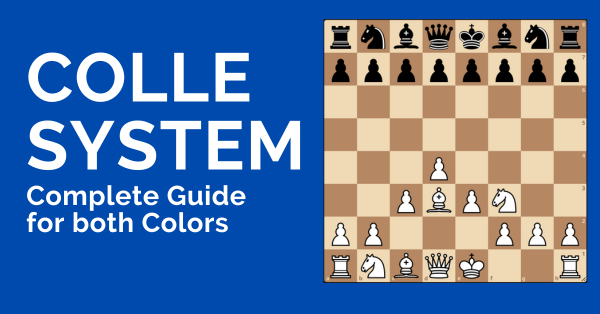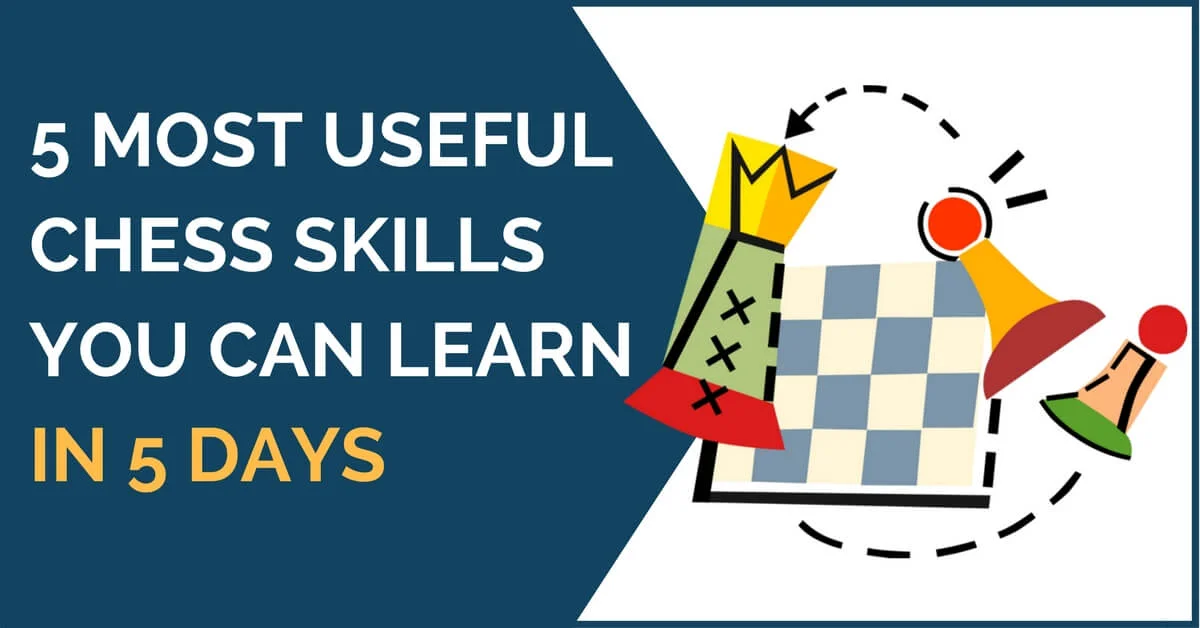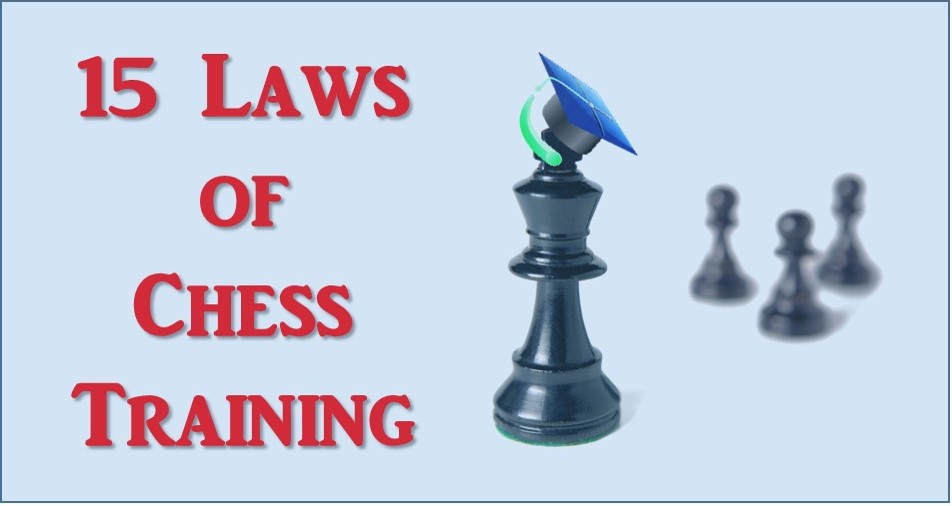
The Colle System is an underrated opening for Club players. Sure Grandmasters don’t play it regularly at the highest level but it is a deadly weapon against amateur opponents.
Chess Tips, Articles and Guides to Help You Win Chess Games

Nimzo Semi-Tarrasch Defense for Black combines the power of the Queen’s Gambit Declined and the attacking potential of Tarrash and Grunfeld.
Continue reading

Learn GM Marian Petrov’s Ponziani Opening fundamentals in just 3 hours.
Most chess players don’t even know this opening exists.
It is extremely rare, yet powerful.
Continue reading

The great news is, IM Sieciechowicz is here with a quick-and-easy repertoire on the Bayonet Attack! And you are one click away from learning it!
Continue reading

In order to improve at chess every player must work hard and invest some daily time and effort. There are many things you can work on, from openings to endgame, tactics and the middlegame. However, there are few basic skills one must develop and constantly train. The consistency of training is perhaps one of the single most important things a chess player can do in order to be successful. Similarly to exercising in a gym, working on your game is a process. The improvement will be gradual, but definite if you keep applying yourself. Here are the 5 most useful chess skills you can learn in just 5 days!
Continue reading

Today we will talk about 15 most important laws of chess training. We will discuss how you should approach chess training, how to prevent common problems and how not to become an average chess player.
Here it is.
Continue reading

Unexpected Moves: “I can’t play this move because my opponent can capture it” – How many times have you heard a chess player say this? How many times have you said it yourself? There are many positions where we believe a move is not possible by default though. Our subconscious tells us that it is not possible to move to a specific square because our opponent is defending it with more than one piece or more than one pawn.
Continue reading
Free Video Download
Learn how chess masters make decisions and start winning games












